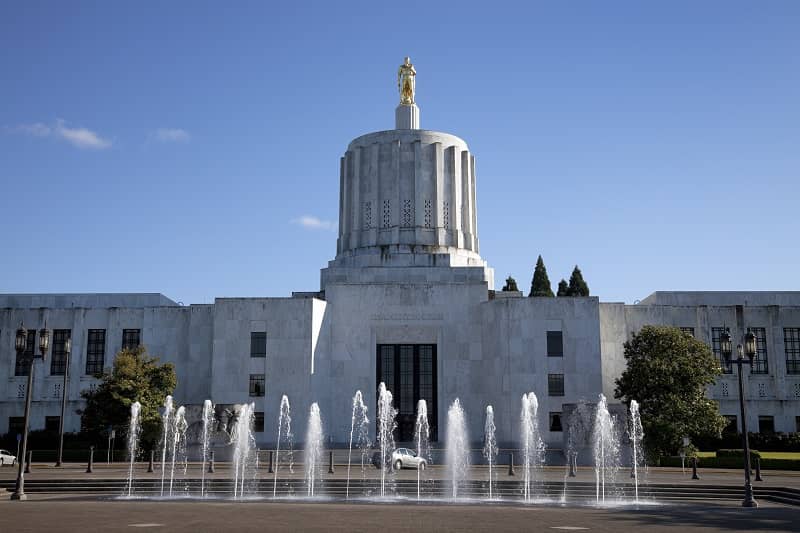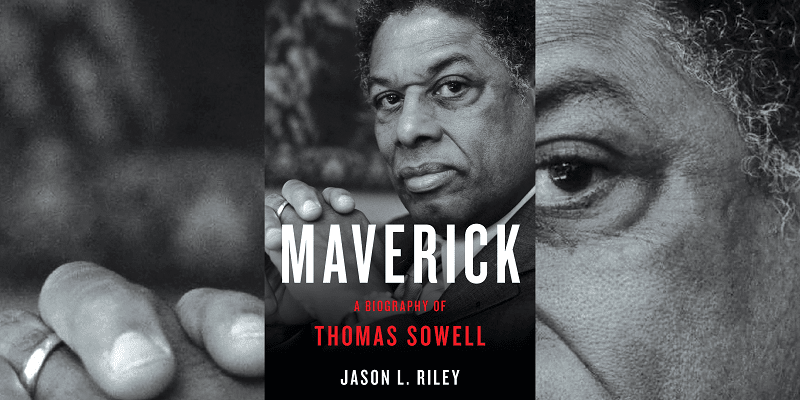

Click the play button to hear the audio commentary
Throughout the Northwest, even a small timber sale is rarely completed without first being challenged by a citizen’s lawsuit filed by an environmental organization. These lawsuits, with legal fees from both sides typically paid by taxpayers, have stifled the management of our public lands. Billions of private and tax dollars are spent by private entities and government agencies to defend sound management decisions that may or may not have been tripped up by technical errors or missed deadlines.
Eric Hoffer once said, “Every great cause begins as a movement, becomes a business and then a racket.” Citizen lawsuits are the critical tool that has allowed the environmental movement to become a racket. According to research done by Budd-Falen Law Offices from 2003-2007, more than $4.7 billion were paid to environmental law firms by federal agencies using our tax dollars.
No recourse exists for private or government agencies that win in court to recoup their costs. The answer to this problem isn’t simply to eliminate citizen lawsuits. The answer is either to eliminate the ability of the plaintiff to recover legal costs or to require the plaintiff to pay impact fees to the private entity or community for delays that resulted due to the lawsuit if they lose. Either way, the plaintiff will have some skin in the game and will think hard about using this shotgun approach to litigation.
Karla Kay Edwards is Rural Policy Analyst at Cascade Policy Institute, Oregon’s free market public policy research organization. She has held positions of leadership in numerous organizations focusing on agricultural and rural industries and issues, including the Fresno (California) Farm Bureau, Washington Cattlemen’s Association and the Oregon Department of Agriculture.











